The true cost of a new confrontation with China

By Mark Hannah and William D. Hartung
This article appeared in CNN Opinion on July 2, 2020
Some names and references have changed since the publication of this article including references to the Eurasia Group Foundation (EGF), the former name of the Institute for Global Affairs
China’s response to the coronavirus outbreak has provided a pretext for some in Washington to spar even more openly with Beijing. Top White House advisor Peter Navarro accused the Chinese government of exploiting the pandemic to advance its interests, and one senator even claimed that China is “trying to sabotage” America’s search for a vaccine and is bent on “world domination.” Steve Bannon, the mastermind of President Trump’s 2016 presidential campaign, attributed the death of George Floyd, in large part, to China’s misdeeds.
This cartoonish depiction of villainy might be dismissed as campaign season hyperbole if it weren’t informing real policy proposals. And if lawmakers wanted to find the most wasteful, counterproductive and inflammatory way to confront China, they couldn’t do much better than the newly proposed Pacific Deterrence Initiative (PDI) – a multi-billion-dollar defense-spending initiative aimed at countering China’s rise.
Misconceived as it is, this suite of hypersonic weapons, missile defense equipment and other tools of force projection enjoys bipartisan support and was recently included in the Senate Armed Service Committee’s markup of the National Defense Authorization Act (NDAA).
Until now, much of the “new Cold War”-style mongering directed at China has been merely rhetorical. The US has not substantially increased its troop levels in East Asia as it once did in Eastern Europe, during the actual Cold War. There have been no clandestine efforts of late to topple unpalatable leaders in South Asia, as there once were in Latin America (as far as we know).
Read more of Mark’s article in CNN Opinion.

Written by Mark Hannah
Mark is a senior fellow with the Independent America project at the Institute for Global Affairs and host of the podcast, None Of The Above.
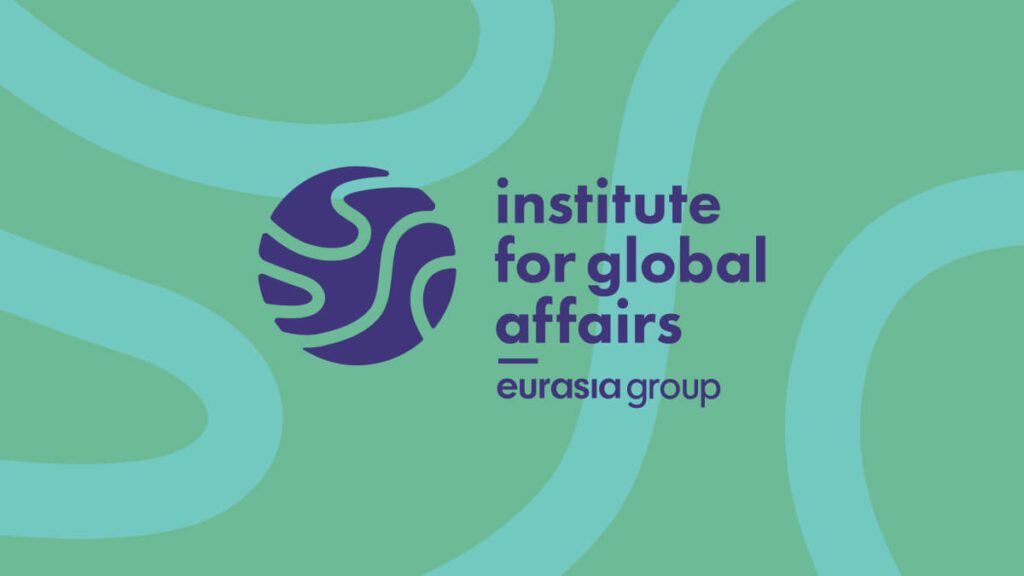
Written by William D. Hartung
William is a senior research fellow at the Quincy Institute for Responsible Statecraft. William is the former director of the Arms and Security Program at the Center for International Policy.
Read more from Mark
This post is part of Independent America, a research program led out by Jonathan Guyer, which seeks to explore how US foreign policy could better be tailored to new global realities and to the preferences of American voters.
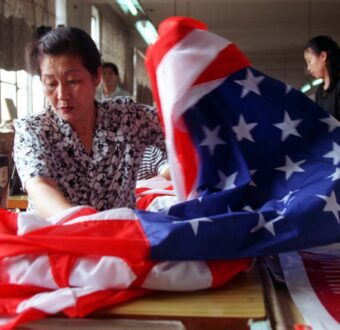


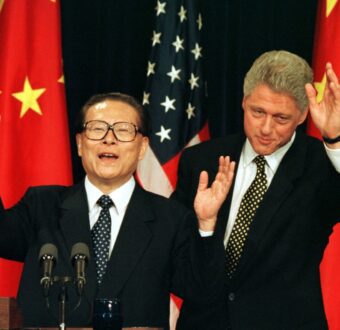

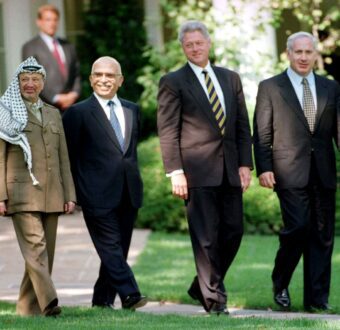
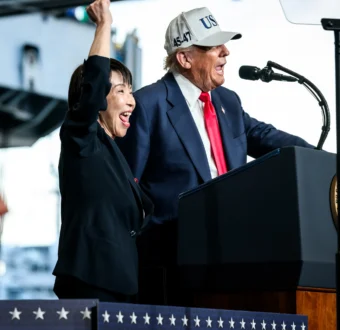





The UN Doesn’t Get Credit for the Lives It Saves